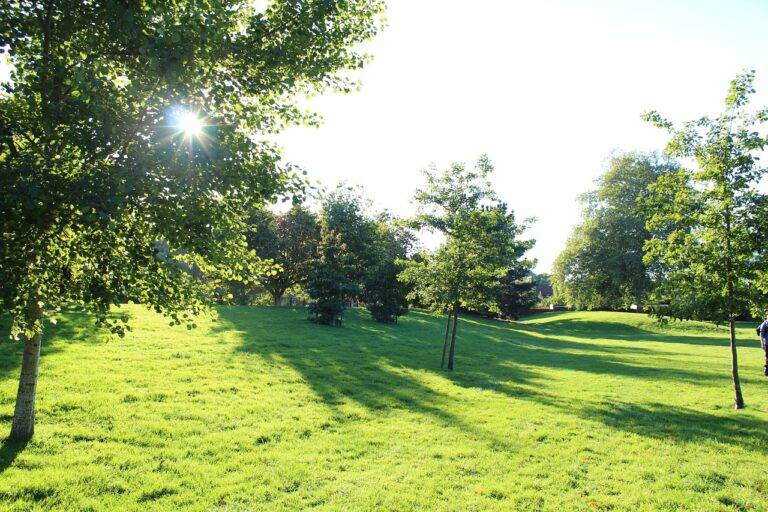Exploring the Benefits of Nature Therapy for Mental Health
Spending time in nature has been shown to have numerous positive effects on mental health. Nature has a calming and nourishing influence on the mind, helping to reduce feelings of stress and anxiety. Immersing oneself in natural surroundings can provide a sense of tranquility and peace, allowing individuals to escape from the pressures of daily life.
Moreover, being in nature can boost mood and enhance overall well-being. The beauty and serenity of natural landscapes can have a restorative effect on mental health, fostering a sense of clarity and rejuvenation. Engaging with the natural world can help individuals feel more connected and grounded, leading to improved mental health outcomes.
The Connection Between Nature and Stress Reduction
Nature has long been regarded as a powerful antidote to stress, offering a natural remedy for the complexities of modern living. The soothing sights and sounds of the outdoors have an innate ability to calm the mind and body, creating a sense of tranquility that is often elusive in everyday life. The gentle rustling of leaves, the rhythmic flow of a river, or the symphony of chirping birds can all work harmoniously to lower stress levels and promote a profound sense of relaxation.
Studies have shown that exposure to nature can significantly reduce cortisol levels, the hormone associated with stress. Additionally, spending time in natural environments can help lower heart rate and blood pressure, indicators of the body’s stress response. Whether it’s a leisurely stroll in the park, a hike through the mountains, or simply lounging by the ocean, immersing oneself in nature can recalibrate the mind and offer respite from the hustle and bustle of daily life.
How Nature Therapy Promotes Mindfulness and Relaxation
Spending time in nature has been found to promote mindfulness and relaxation by allowing individuals to unplug from the constant stimuli of everyday life. Being surrounded by the natural world encourages a sense of presence in the moment, as one becomes more attuned to the sights, sounds, and sensations of their surroundings. This heightened awareness cultivates a state of mindfulness, where thoughts are focused on the present rather than dwelling on past regrets or future anxieties.
Nature therapy also promotes relaxation by reducing stress levels and promoting a sense of calm. The peacefulness of natural environments can help to soothe frazzled nerves and decrease the production of stress hormones in the body. Whether it’s the gentle rustle of leaves in the wind, the rhythmic sound of waves crashing against the shore, or the soft chirping of birds in the trees, nature provides a serene backdrop that encourages relaxation and rejuvenation.
• Spending time in nature promotes mindfulness and relaxation
• Allows individuals to unplug from constant stimuli of everyday life
• Encourages presence in the moment by being attuned to surroundings
• Heightened awareness cultivates a state of mindfulness
Nature therapy also:
• Reduces stress levels and promotes calmness
• Soothes frazzled nerves and decreases production of stress hormones
• Provides peaceful environments for relaxation
• Serene backdrop encourages rejuvenation
How can nature therapy benefit mental health?
Nature therapy has been shown to decrease symptoms of anxiety, depression, and stress, while also improving mood and overall well-being.
What is the connection between nature and stress reduction?
Spending time in nature has been found to lower levels of cortisol, the stress hormone, and promote a sense of calm and relaxation.
How does nature therapy promote mindfulness?
Being in nature encourages individuals to be present in the moment, focusing on their surroundings and engaging their senses, which can lead to increased mindfulness and awareness.
Can nature therapy be used as a form of relaxation?
Yes, immersing oneself in natural environments can provide a sense of peace and tranquility, allowing for relaxation and rejuvenation of the mind and body.







